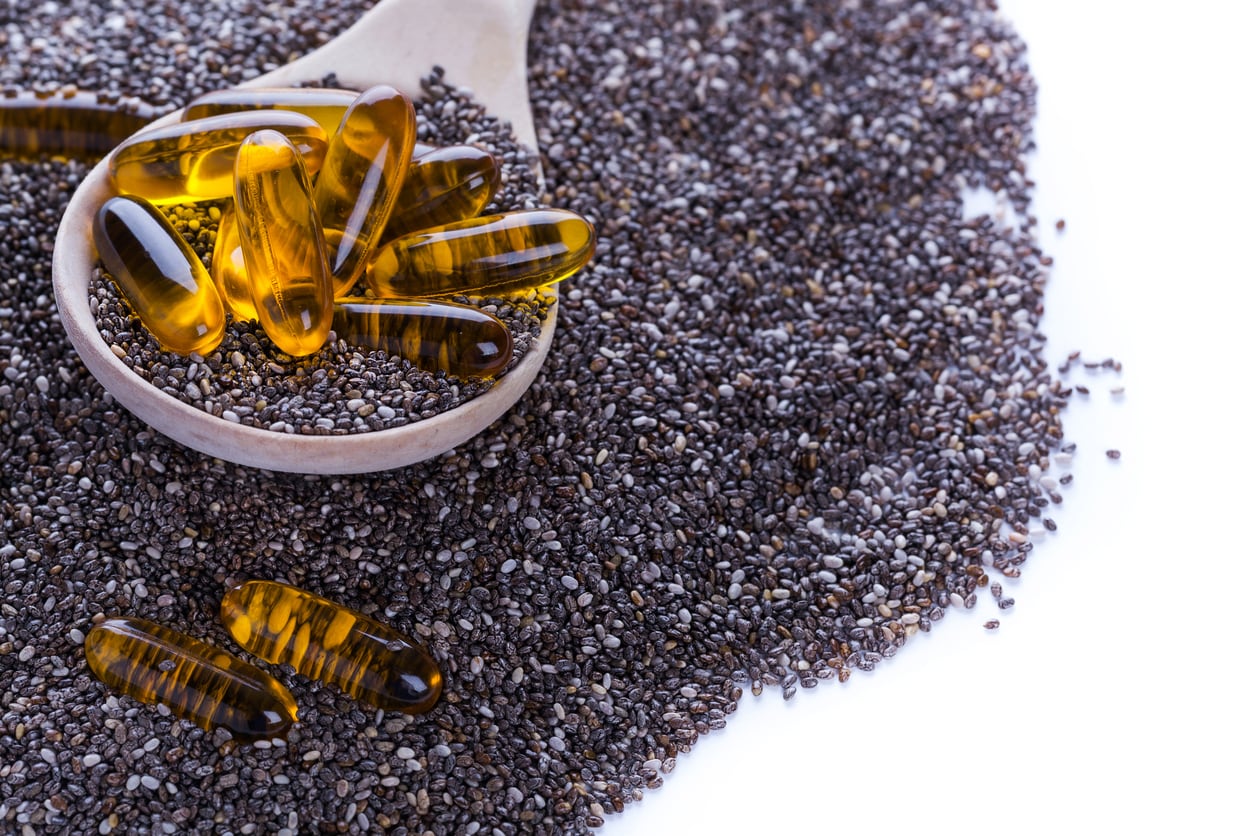The ruling, which refers to chia oil from Salvia hispanica, also includes conditions for the use of chia seeds and represents the latest update to the Novel Food since its authorisation back in 2009.
Here, chia seed use is restricted to 15 g/day for addition of whole, mashed or ground chia seeds in fruit juice and fruit/vegetable blend beverages, as already outlined in current EU legislation.
"What’s new and interesting about this EFSA opinion is that it was not deemed necessary to even do an exposure assessment as there were no hazards identified which would cause a safety concern," a spokesperson for EFSA added.
"In other words EFSA’s conclusion effectively confirms the safe use of chia as a staple food (which would support indiscriminate use)."
Antinutrient content
Since 2009, several new studies have become available which provide further information on the presence of tocopherols, phytosterols, carotenoids, flavonoids and polyphenolic compounds but also antinutrients, such as phytates and some enzyme inhibitors in chia seeds.
Since the first authorisation for placing of chia seeds on the Union market as a NF in 2010, the safety of chia seeds for extensions of use has been assessed several times by Member States, which did not identify any hazard, which may pose a risk for the consumers.
For the present assessment, triggered by an application made by Spanish food maker Sanchis Mira, the Panel took into account previous safety assessments, information presented in seven applications and the food’s history of consumption since 2010.
In addition, information gathered from an extensive literature search designed to identify hazards related to chia seeds, toxicological and human studies was also used.
The concern that the scientists did raise however surrounded a possible rise in acrylamide levels, a process contaminant which a study suggested may form when the chia seeds are subject to heat treatment (120 degrees and above) such as when used in bread dough.
The team also reconfirmed an allergenicity concern for those already allergic to peanuts or sesame.
"EFSA will carry out a follow-up opinion to look at the process contaminant issue," EFSA's spokesperson added.
In October 2018, EFSA also revealed it had been in receivership of four further applications from the European Commission on extension of use of chia seeds as NF.
These were submitted by German jam and confectionery manufacturer Zentis, Polish confectioners Majami, organic food ingredient import/exporters Naturkost Übelhör and by The Chia Co.
EFSA received two valid applications from the European Commission on extension of use of chia seeds as NF later that year in November.
These applications were submitted by Parry's Pots Limited (PPL), and by French-based confectioners Materne.



